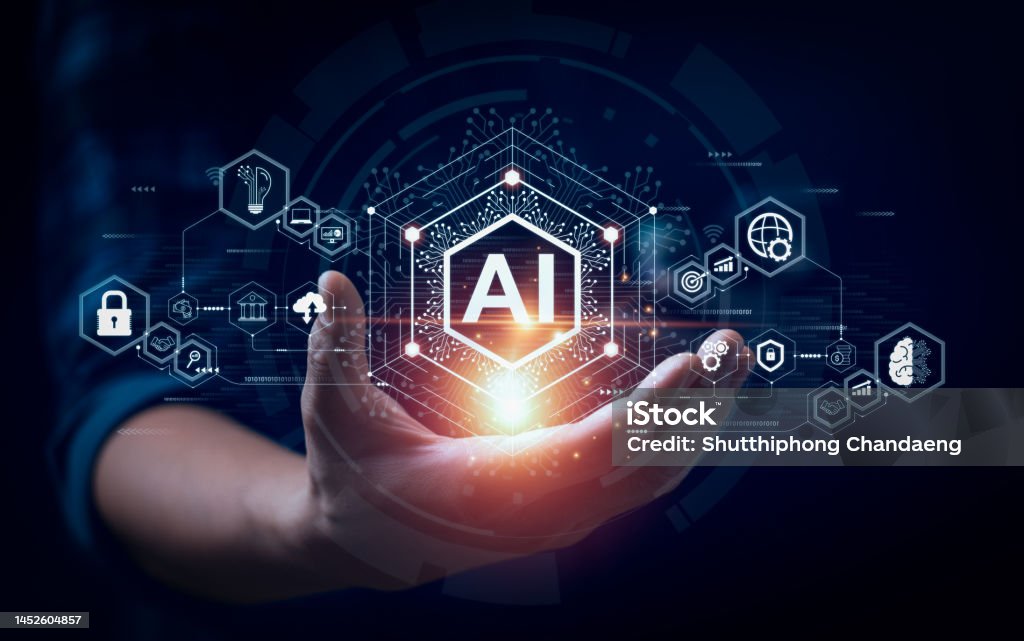Natural Language Processing (NLP)

In the realm of modern technology, artificial intelligence (AI) and deep learning stand as transformative forces, reshaping industries, revolutionizing processes, and unlocking new frontiers of innovation. At their essence, AI and deep learning empower machines to learn from data, mimic human intelligence, and make autonomous decisions, offering unprecedented opportunities for businesses and society at large. Artificial Intelligence (AI): AI refers to the simulation of human intelligence in machines, enabling them to perform tasks that typically require human cognition, such as problem-solving, decision-making, and natural language understanding. AI technologies encompass a wide range of applications, including machine learning, natural language processing, computer vision, robotics, and more. From virtual assistants and recommendation systems to autonomous vehicles and medical diagnostics, AI is revolutionizing virtually every aspect of our lives. Deep Learning: Deep learning is a subset of machine learning that focuses on training artificial neural networks to perform complex tasks by analyzing vast amounts of data. Inspired by the structure and function of the human brain, deep learning algorithms learn to recognize patterns and extract meaningful insights from data, achieving remarkable levels of accuracy and performance in tasks such as image recognition, speech recognition, and language translation. Applications and Impact: The applications of AI and deep learning are as diverse as they are impactful. In healthcare, AI-powered diagnostic tools can help detect diseases earlier and with greater accuracy, leading to improved patient outcomes. In finance, AI algorithms can analyze market trends and customer behavior to make data-driven investment decisions. In manufacturing, AI-driven robotics and automation can optimize production processes and enhance efficiency. Ethical Considerations: Despite their potential benefits, AI and deep learning also raise ethical considerations, including concerns about bias, privacy, job displacement, and the societal impact of automation. As AI technologies continue to evolve, it's essential for developers, policymakers, and society as a whole to address these ethical challenges and ensure that AI is used responsibly and ethically.